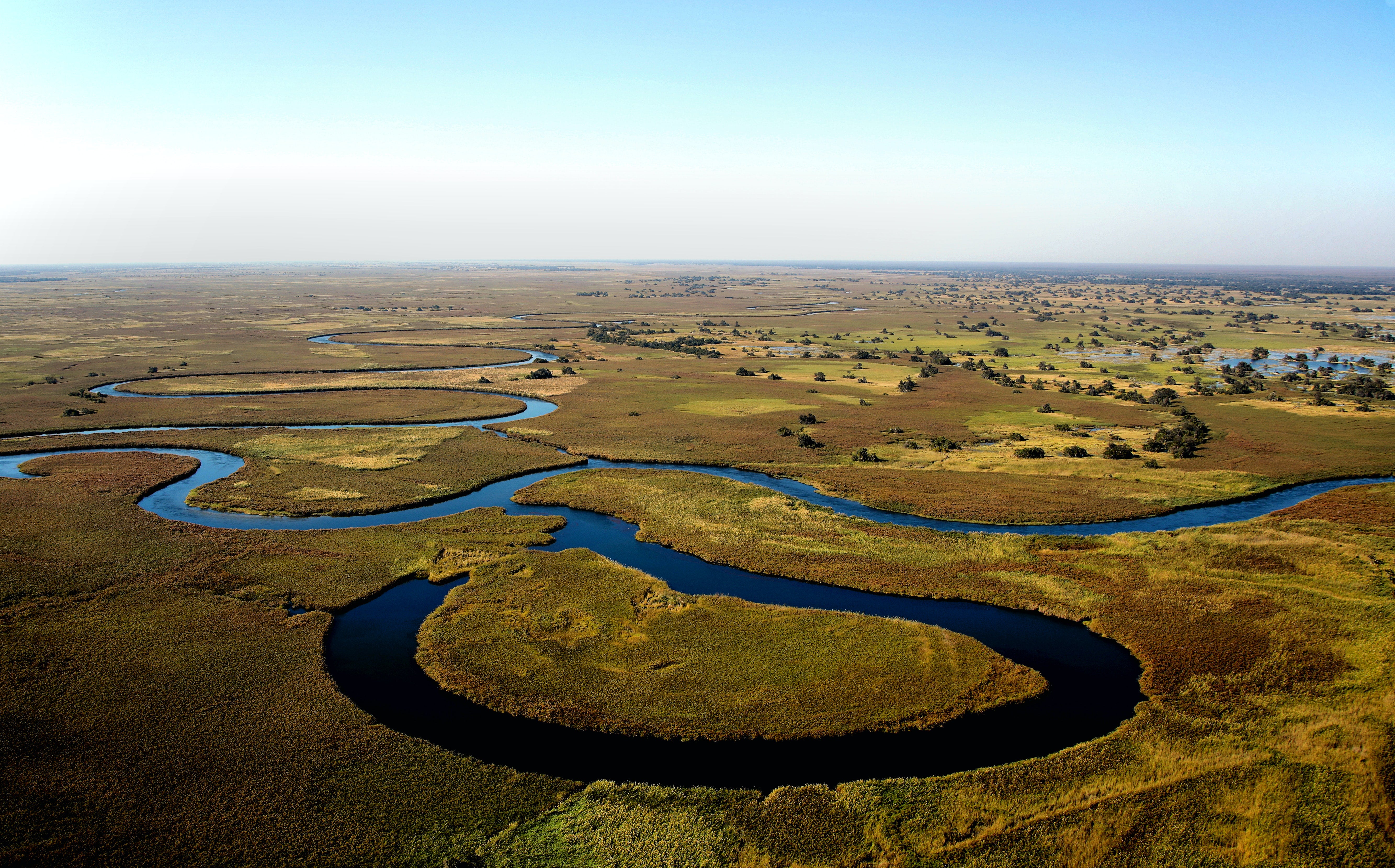Tick infestation ravages Okavango sub district
Farmers face the double edged sword of tick infestation and human-wildlife conflict

By Solomon Tjinyeka for INK24
Farmers in the Okavango sub district in Botswana, are battling an uncontrollable infestation of livestock tick commonly known as bont tick disease. The disease is causing misery to farmers in Eretsha and Beetsha in the Eastern panhandle of the Okavango delta, as they have lost many of their livestock, particularly cattle.
Kgosi Boitshwarelo Mosinyegi, the leader of Eretsha village, explained that the situation is getting worse day by day as more cattle die from the uncontrollable disease.
He lamented that people are facing a double tragedy: losing their livelihoods compounded by human wildlife conflict, a common occurrence in the area as elephants raid crops, leaving farmers with little to no harvest.
Losing crops and livestock raises fears that destitute people may resort to bushmeat hunting to make ends meet.
The cattle began dying around October 2021, with more mortalities recorded early this year. The most affected areas are Eretsha and Beetsha villages, with Eretsha recording the highest mortalities.
Kgosi Mosinyegi said currently, the challenge is that some farmers in the area are dipping their cattle to get rid of the ticks, but this has not been helpful because both dipped and un-dipped cattle come into contact with each other in communal grazing areas.
Another challenge is that some farmers don’t have the money to buy tick medication, while those that can afford it, cannot find the right medication close by, and are forced to travel hundreds of kilometres to Maun or Ghanzi, which are the closest cities where the medication is available.
Kgosi, who owns more than 200 cattle, also shared his testimony. Last year, he was forced to travel to Ghanzi to buy tick medication as there were none in shops in the district. He has lost seven cattle this year.
Since the outbreak of the disease in the area in 2017, farmers have lost more than 6000 cattle. Kgosi said they have long reported the matter to the Department of Animal Health and Production, but there has been no response.
The Public Relations Officer in the Ministry of Agricultural Development and Food Security’s North West District, Clifford Molefi, admitted that the bont tick has been prevalent in Botswana, but the problem has never been as severe as it is now.
Molefi said the outbreak originated in the Tubu area initially in 2015/16 but the tick has, over the years, spread to different areas around the North-western Ngamiland district. He explained that the bont tick predisposes livestock to two conditions: heartwater disease and a skin condition called dermatophilosis or Senkobo.
“The problem with the tick is that it is usually prevalent during the rainy season because that is when farmers usually leave their livestock to concentrate on their ploughing fields.
“During this time farmers leave their livestock without controlling the tick,” he stated.
Molefi indicated that since bont tick is a countrywide problem, tick control is farmer-based and the government doesn’t usually do the dipping for farmers. However, the government declared it an outbreak after the situation in Ngamiland escalated, and began an intervention through the Department of Veterinary Services. The exercise included assisting farmers with dipping by providing three mobile sprays races to those affected.
He also reveals that the Ministry spends approximately GBP 32,000 each year, across the north-western Ngamiland District, to assist farmers in preventing bont tick disease, and treating affected animals with tetracycline.
The Ministry spokesperson stated that since the first outbreak in 2015 there have been 1777 cattle mortalities reported and this past year, over 50 more were reported around the Okavango sub-district, with high levels of infestation reported in still more villages.
This article is reproduced here as part of the African Conservation Journalism Programme, funded in Angola, Botswana, Mozambique, and Zimbabwe by USAID’s VukaNow: Activity. Implemented by the international conservation organization Space for Giants, it aims to expand the reach of conservation and environmental journalism in Africa, and bring more African voices into the international conservation debate.

Join our commenting forum
Join thought-provoking conversations, follow other Independent readers and see their replies